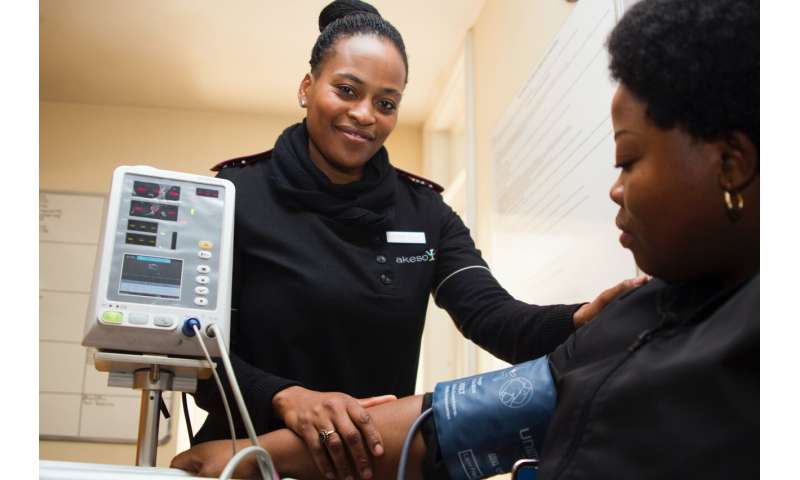
Randomized controlled trials (RCT) of psychotherapeutic interventions have addressed depression and demoralization associated with acute coronary syndromes. The present trial introduces psychological well-being, an increasingly recognized factor in cardiovascular health, as a therapeutic target. This study was designed to determine whether the sequential combination of cognitive-behavioral therapy (CBT) and well-being therapy (WBT) may yield more favorable outcomes than an active control group (clinical management) and to identify subgroups of patients at greater risk for cardiac negative outcomes.
This multicenter RCT compared CBT/WBT sequential combination versus clinical management, with up to 30 months of follow-up. One hundred consecutive depressed and/or demoralized patients (out of 740 initially screened by cardiologists after a first episode of acute coronary syndromes) were randomized to CBT/WBT associated with lifestyle suggestions (n= 50) and clinical management (n= 50). The main outcome measures included: severity of depressive symptoms according to the Clinical Interview for Depression, changes in subclinical psychological distress, well-being, and biomarkers, and medical complications and events.
Results showed that the CBT/WBT sequential combination was associated with a significant improvement in depressive symptoms compared to clinical management. In both groups, the benefits persisted at follow-up, even though the differences faded. Treatment was also related to a significant amelioration of biomarkers (platelet count, HDL, and D-dimer), whereas the two groups showed similar frequencies of adverse cardiac events.
Source: Read Full Article
